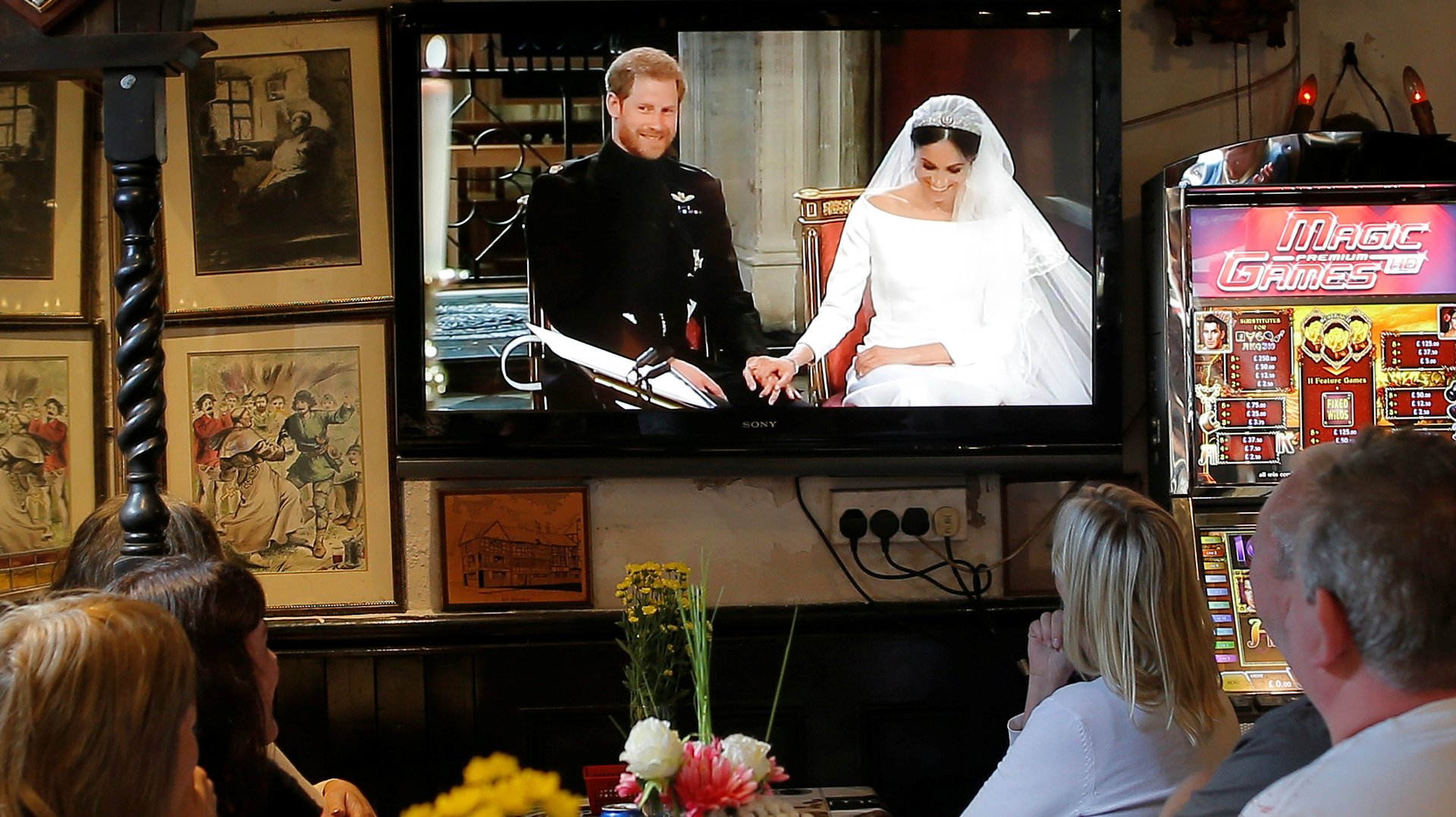Streaming subscriptions now outnumber pay-TV customers in Britain
Internet TV streaming services have hit a milestone in Britain.


Internet TV streaming services have hit a milestone in Britain.
For the first time, the number of UK subscribers to video streaming sites like Amazon and Netflix has surpassed the number of subscribers to traditional television, according to Britain’s Office of Communications (Ofcom), its main media regulator. The turning point, while expected, will likely make broadcasters in the UK and elsewhere shudder, as revenues drop in sync with the falling viewership.
In a report, Ofcom states that subscriptions to Netflix, Amazon Prime, and Sky’s Now TV—which are the UK’s three most popular streaming services—reached 15.4 million in the first quarter of 2018. That’s slightly more than the 15.1 million subscriptions to pay-TV, which includes cable and satellite service users.
Pay-TV still generates more money than its online competitors, however. TV providers made £6.4 billion (about $8.4 billion) in sales in 2017 from subscriptions, though that marked a 2.7% decrease year-on-year. TV advertising income was down 9%, the report noted. Revenue for online subscription sites hit £895 million (about $1.2 billion) in 2017, growing 38% year-on-year—which suggests more individuals will cut their cords in the future.
The British regulator’s announcement comes as the US sees a similar move to abandon traditional TV. A year ago, Netflix announced that it had more subscribers than cable TV in the US—though not more than cable and satellite combined.
One of the main factors behind the enormous rise in streaming subscriptions is original content. Over the past several years, Netflix, Amazon, and other sites have been spending tons of money to produce exclusive shows like Stranger Things and Transparent, and The Man in the High Castle. Ofcom said that 38% of surveyed Netflix users listed “‘to watch original series made by the provider” as their reason for subscribing, up from 30% last year.
Meanwhile, according to Ofcom, long-standing program creators like BBC, ITV, Channel 4 and Channel 5 spent a combined £2.5 billion (about $3.3 billion) in 2017 producing original content, marking a record low. Increasing this spending could help retain some subscribers and reverse this course. But with more and more new shows in the pipeline for Amazon and Netflix, and upcoming competition from companies like Disney, and perhaps retailing giant Walmart, it might already be too late.